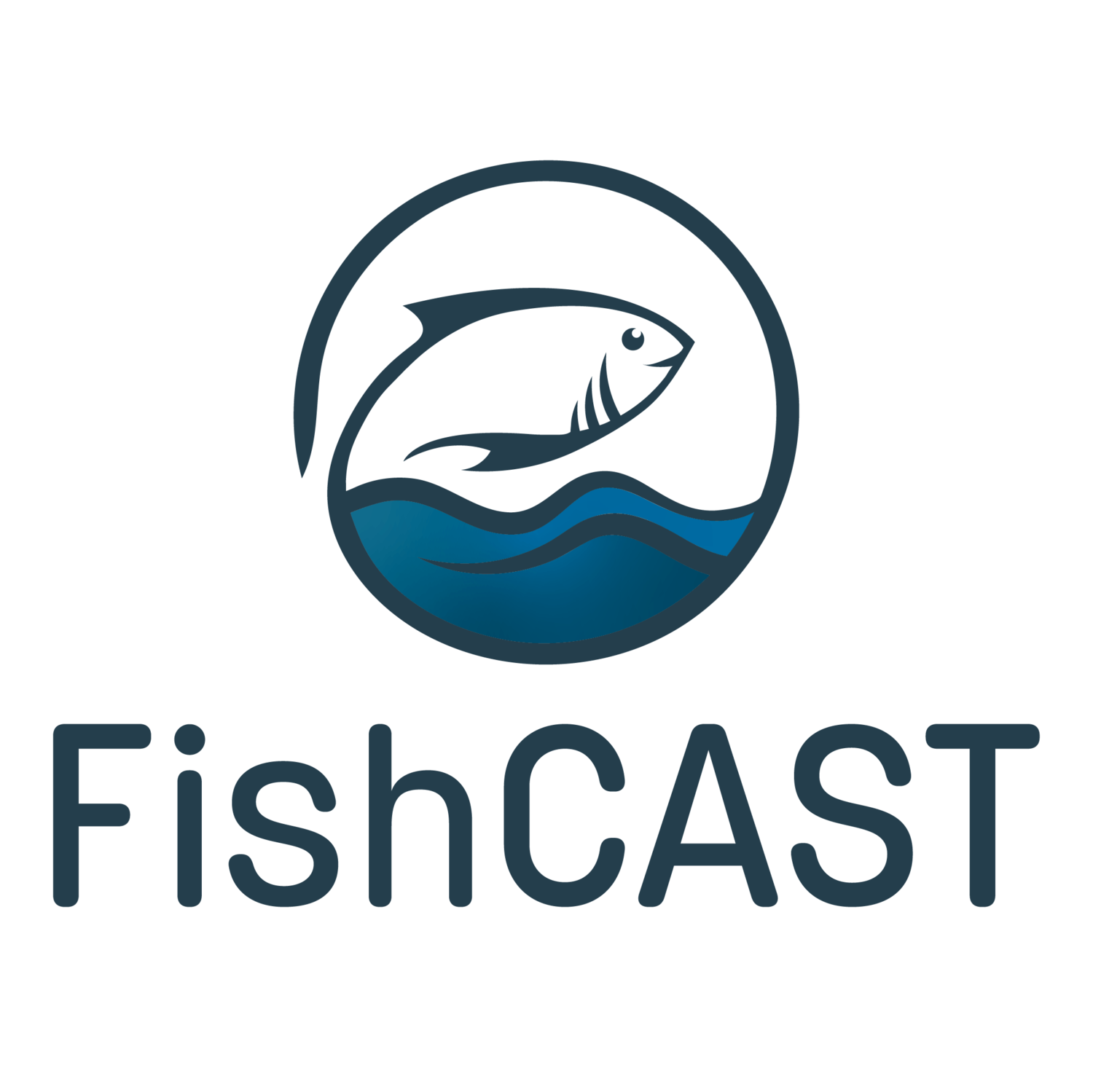
FAQs
Don’t see your question? Contact us!
What is FishCAST?
FishCAST stands for Fisheries Management and Conservation Careers in Science and Technology, a 6-year NSERC CREATE training program for student trainees to engage in research and professional skills training as part of their degree program. The FishCAST grant was awarded to Dr. Christina Semeniuk & 11 Principal Investigators in institutions across Canada to deliver this unique training program. It launched in September 2020 and will continue until 2026. FishCAST is committed to providing equitable, high-value training to prepare individuals with the skills to pursue jobs in fisheries and aquatic science management and conservation. [See our Values and Mission statement HERE]
Student trainees will participate in technical skills training, leading edge research, and participate in at least one internship with a partner organization. Internships vary widely in nature but involve mentorship, skills development and expansion of professional networks.
What is NSERC CREATE?
Canada funds the Collaborative Research and Training Experience (CREATE) program, which dedicates support to the training and mentoring of teams of highly qualified students and postdoctoral fellows from Canada and abroad. This funding provides the development of innovative training programs that:
encourage collaborative and integrative approaches, and address significant scientific challenges associated with Canada’s research priorities
facilitate the transition of new researchers from trainees to productive employees in the Canadian workforce
What are the eligibility requirements to join?
Students must enrol in and be accepted at a graduate program at a Canadian University, with one of the FishCAST’s Principal Investigators as their supervisor. Students must fulfill their graduate program’s degree requirements (courses, thesis, etc.). An NSERC CREATE training program provides value-added to a student’s degree by providing the opportunities to conduct internships, take specialized field courses, and other professional and technical workshops to make students ‘job ready’.
Is my research eligible?
In order to qualify for FishCAST, a student must be conducting research in their degree program in one of the following research themes:
Theme I: Ecosystem / Habitat Assessment
Theme II: Fisheries Ecology / Exploitation
Theme III: Fish Health & Fitness
Theme IV: Fish Culture
What kind of careers are possible with FishCAST training?
FishCAST provides job-ready training to prepare you to go into one of the following career pathways:
Applied Research (e.g., Industry)
Policy/Applied Research (e.g., NGO, Government, Community)
Pure Research (e.g., Academia)
Can I change my pathways and themes mid-stream?
Yes. Projects take time to develop, especially when communities and partners are involved. Research and project activities change all the time, thus students are matched with both research and professional/project mentors to help navigate those ups and downs. We encourage students and their mentorship teams to work together BEFORE the application process to co-develop the appropriate plan. Once in the program, we encourage students and their mentorship team to work with the various FishCAST Committees early and often to help navigate any changes.
What is the purpose of the application materials and individual statements?
To complement the academic portions of this applications, the Career Pathway and JEDI statements are your opportunity for the various FishCAST committees to understand the lived experiences and career trajectories as articulated by you, the applicant. Rather than being used to rank the applicant pool, these documents will provide Committees and partners helpful insight into critical mentorship and training needs for the cohort as a whole. We recommend that student applicants use this statement to identify the kind of training you would like to see, and identify barrier/enablers to your success in the program.

